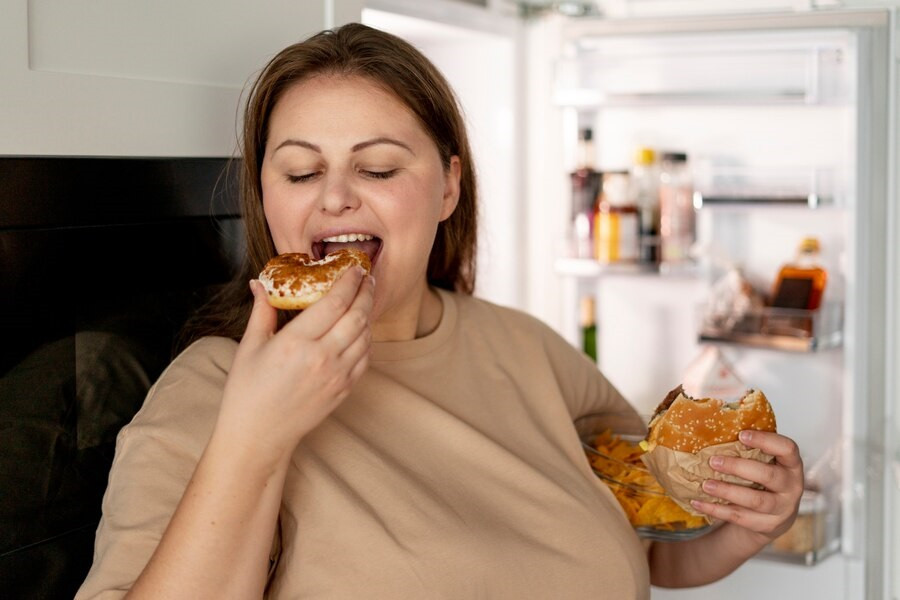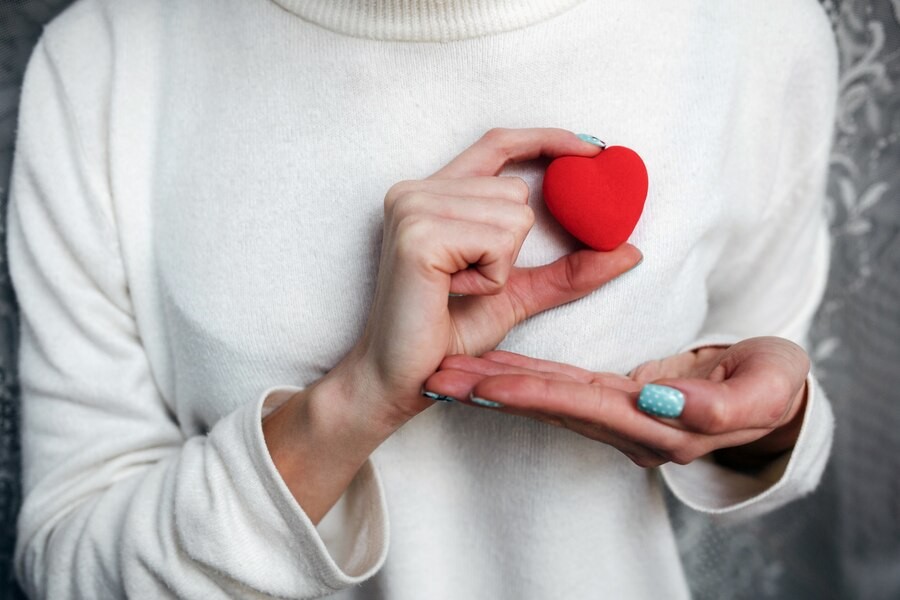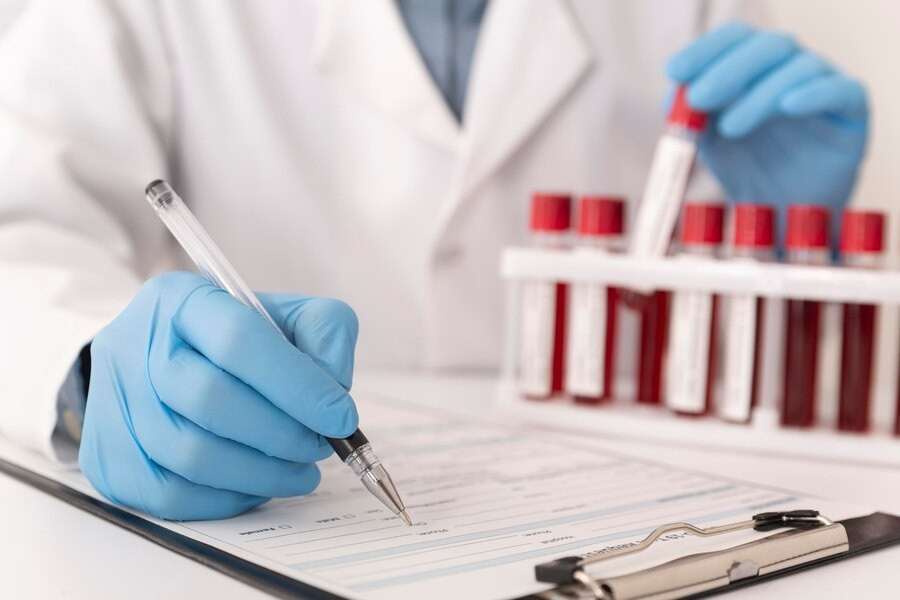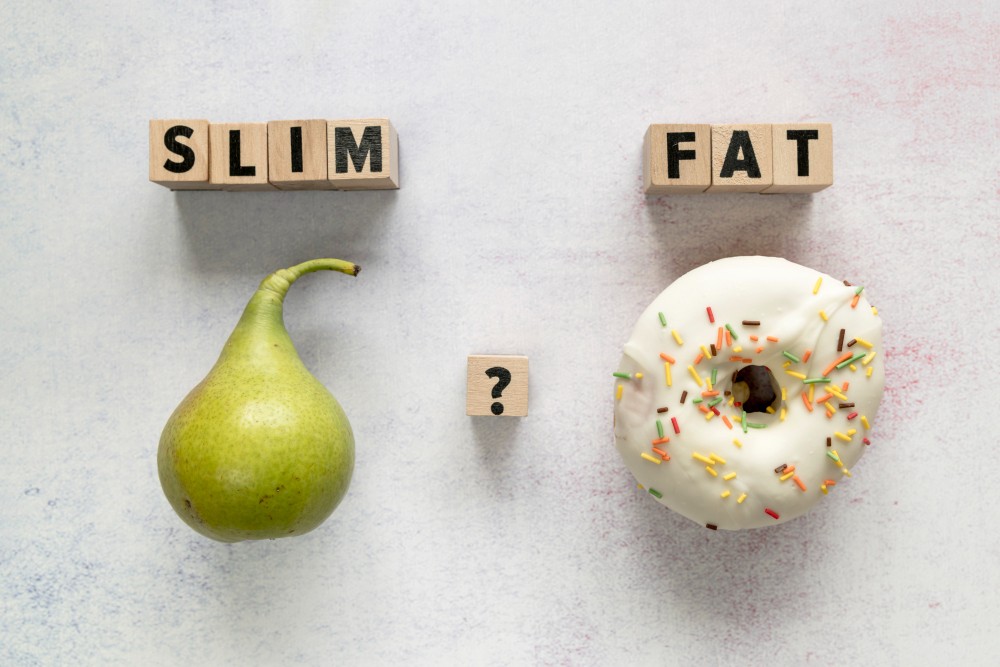Gallstone disease, also known as cholelithiasis. This condition occurs when hard stones form in the gallbladder. These stones are the result of deposits that vary in size, ranging from as small as grains of sand to as large as golf balls.
Gallstones can cause symptoms and health problems, especially if they block the bile ducts or cause inflammation of gallbladder.
What causes gallstones disease?
In general, there are two types of gallstones: cholesterol stones, which are yellowish-green in color, and pigment stones, which are smaller and darker in color. Cholesterol stones are the most common type of gallstones experienced by many people.
There are three primary causes of gallstone formation, which are as follows:
- Cholesterol concentrates in the bile
One of the main causes of gallstone formation is the high concentration of cholesterol in the bile. The gallbladder contains bile, a fluid that the liver produces and stores. In normal circumstances, cholesterol is soluble in bile and does not precipitate; however, if the normal value is exceeded, cholesterol may precipitate and form crystal stones.
- Bilirubin concentrates in the bile
Bilirubin is a substance produced when old red blood cells are broken down in the liver. This substance is then excreted in bile into the digestive tract to help digest fats.
When the concentration of bilirubin in bile is too high or there is a disturbance in the process of breaking down red blood cells, it can lead to the formation of gallstones called pigment stones. These pigment stones have a darker color compared to cholesterol gallstones. Their color can be dark brown, dark green, or blackish. Usually, these stones are also harder and denser compared to the softer cholesterol gallstones. They vary in size, ranging from the size of sand grains to the size of gravel.
- The gallbladder is not completely empty
The liver produces bile, which is normally stored in the gallbladder. When consuming fatty foods, the gallbladder concentrates and releases bile into the small intestine to aid in fat digestion. However, if the gallbladder does not completely empty the bile, the risk of gallstone formation, especially cholesterol gallstones, may increase.
How to prevent gallstones formation
Regardless of the type of gallstone, you can reduce the risk of gallstone formation by following these steps:
- Don't skip breakfast and eat meals on schedule to avoid the risk of gallstones formation
- Avoid rapid weight loss. According to experts, losing about 0.5–1 kg per week is better
- Consume high-fiber foods to help reduce fat absorption by the body
- Maintaining an ideal body weight can also reduce the risk of gallstone formation. Focus on a balanced diet, regular physical activity, adequate hydration, managing blood sugar levels, and avoiding smoking and alcohol consumption
A healthy lifestyle can reduce the risk of gallstones and improve overall health. However, you should still consult a doctor if you experience sudden, severe pain in the upper abdomen, sudden back pain, or persistent nausea or vomiting that does not improve.
If you need medical advice or consultation, you can either visit a doctor or make use of the consultation features that are available in the Ai Care application by downloading the Ai Care application from the App Store or Play Store.
Looking for more information about other diseases? Click here!
- Sean Edbert Lim, MBBS
Mayo Clinic (2021). Gallstones. Available from: https://www.mayoclinic.org/diseases-conditions/gallstones/symptoms-causes/syc-20354214
Cleveland Clinic (2021). Gallbladder. Available from: https://my.clevelandclinic.org/health/body/21690-gallbladder
WebMD (2022). Gallstones (Cholelithiasis). Available from: https://www.webmd.com/digestive-disorders/gallstones
John Hopkins Medicine. Cholecystectomy. Available from: https://www.hopkinsmedicine.org/health/treatment-tests-and-therapies/cholecystectomy
Harvard Medical School (2023). What to do about gallstones. Available from: https://www.health.harvard.edu/womens-health/what-to-do-about-gallstones
Zia Sherrell, MPH (2023). What to know about cholesterolosis of the gallbladder. Available from: https://www.medicalnewstoday.com/articles/cholesterolosis-of-gallbladder
David Rossiaky (2023). What Causes High Bilirubin?. Available from: https://www.healthline.com/health/high-bilirubin
Matthew Hoffman, MD (2021). Rapid Weight Loss. Available from: https://www.webmd.com/diet/rapid-weight-loss











